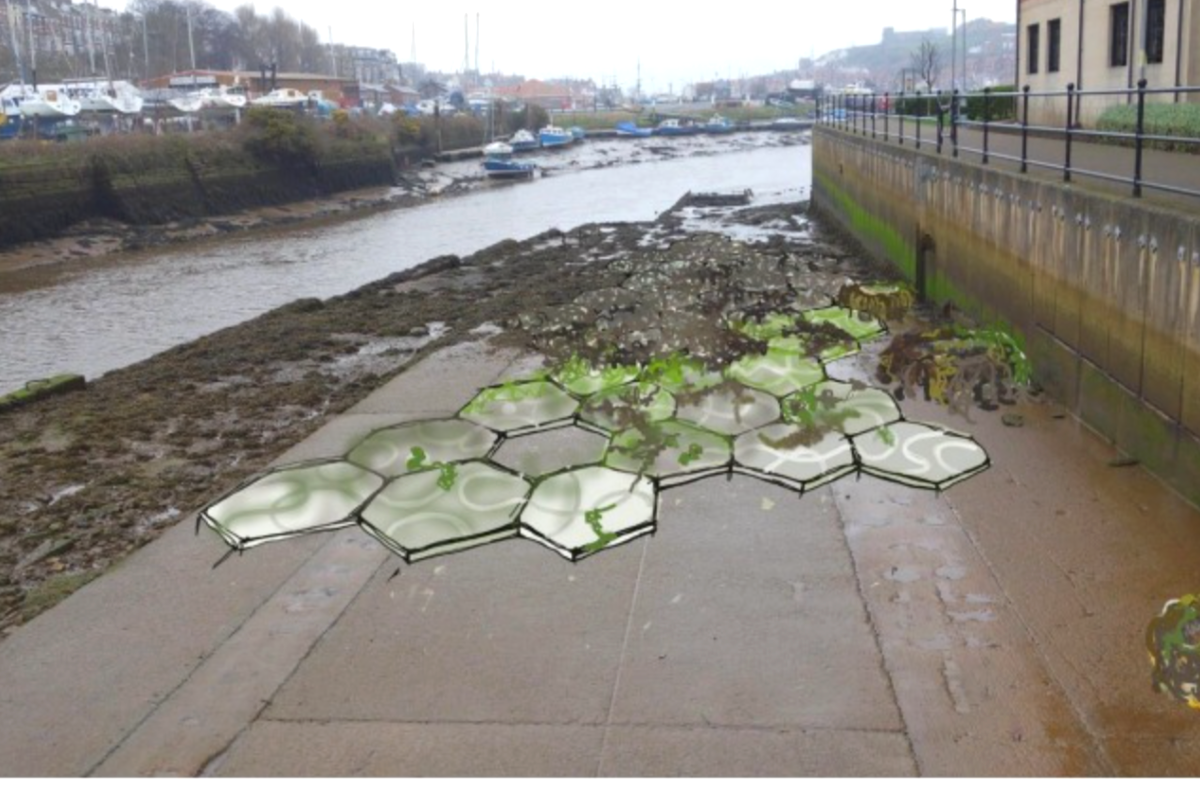
An environmental charity has been given permission to install almost 100 bio-receptive tiles in the Whitby estuary to rebuild habitats for coastal wildlife.
Groundwork North East & Cumbria has been given planning permission to install 95 bio-receptive tiles and six artificial rock pools to the disused slipway at Whitehall Landing.
The environmental charity said the scheme would attract new species and improve biodiversity.
Currently, the Whitby estuary on the River Esk has ‘moderate’ ecological potential but experts hope that plans to support wildlife could see it get a ‘good’ rating by 2027.
The site consists of an eight-metre-wide and 47-metre-long concrete slipway that was historically used for launching boats.
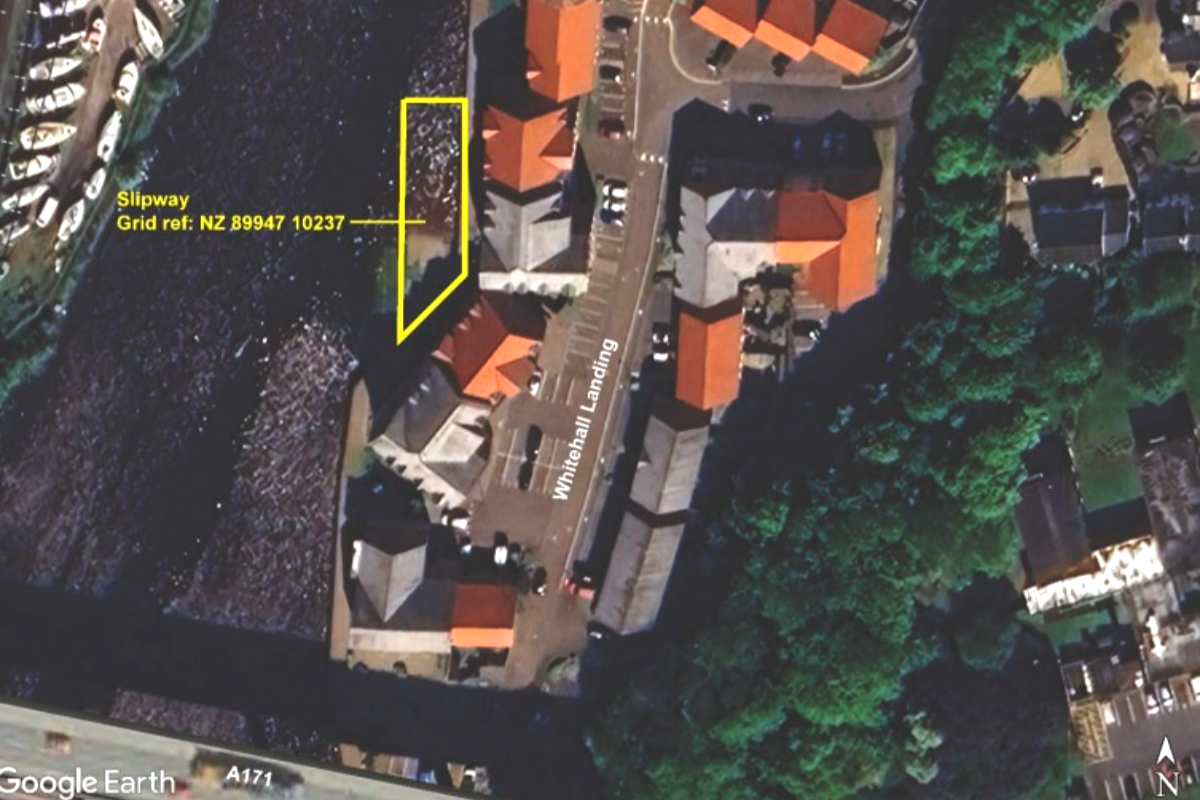
GNEC also wants the project to “help to connect the local community to the river.”
The estuary was chosen after being identified as a “heavily modified water body” due to the artificial changes made to it, which has led to reduced habitat diversity.
The tiles would be bolted onto the existing concrete surface of the slipway, around 200m to the north of the A171 road bridge at Whitby.
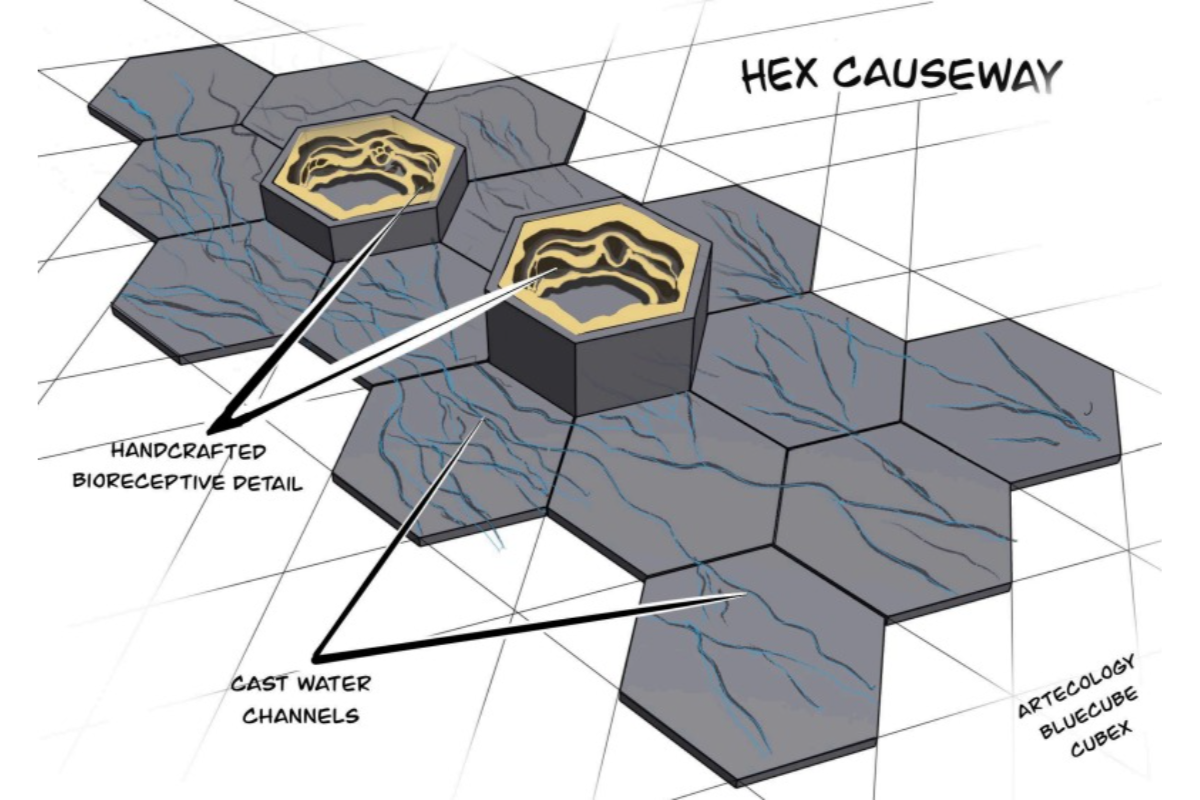
Plans submitted to the council noted it would help support and attract “nationally important species such as water vole, kingfisher, dipper, brook lamprey, salmon, and freshwater pearl mussel”.
The Environment Agency said it “fully supports” the plan – which forms part of the Better Estuaries And Coastal Habitats (BEACH) project – and that it had “no objections or concerns” if the correct environmental controls were followed.
No comments were received from the harbour master, Whitby Town Council, or members of the public.
Planning officers said that visually, the bio-receptive tiles and rockpools would “complement the slipway” and would not harm the appearance of this part of the Whitby which is in the town’s conservation area.
A council report concluded that the scheme would support biodiversity as well as the wider restoration of the saltmarsh habitat “for the benefit of associated species”.
The charity said: “While contributing to water quality improvements and wider ecological benefits, the greening of the banks also brings carbon capture benefits.”
The application was approved by North Yorkshire Council subject to conditions.




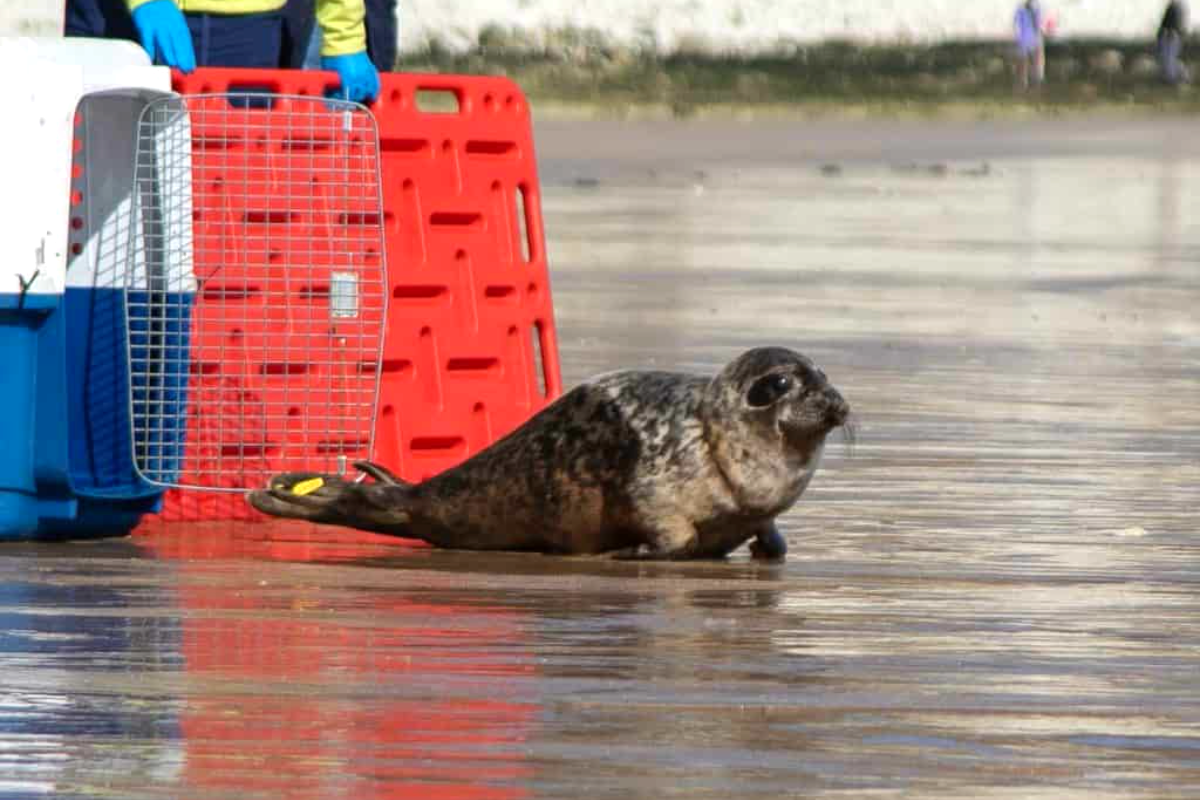 Injured Yorkshire Coast Seal Back in the Water
Injured Yorkshire Coast Seal Back in the Water
 Flamingo Land Welcomes Baby Giraffe
Flamingo Land Welcomes Baby Giraffe
 Scarborough and Whitby MP to Launch Petition for Return of Stroke Services
Scarborough and Whitby MP to Launch Petition for Return of Stroke Services
 UK Mayors Being Urged to Buy Scarborough Buses
UK Mayors Being Urged to Buy Scarborough Buses
 Free Music Events in Scarborough to Raise Funds for Andy's Man Club
Free Music Events in Scarborough to Raise Funds for Andy's Man Club
 Scarborough's Cross Lane Hospital Receives Heartfelt Gift
Scarborough's Cross Lane Hospital Receives Heartfelt Gift
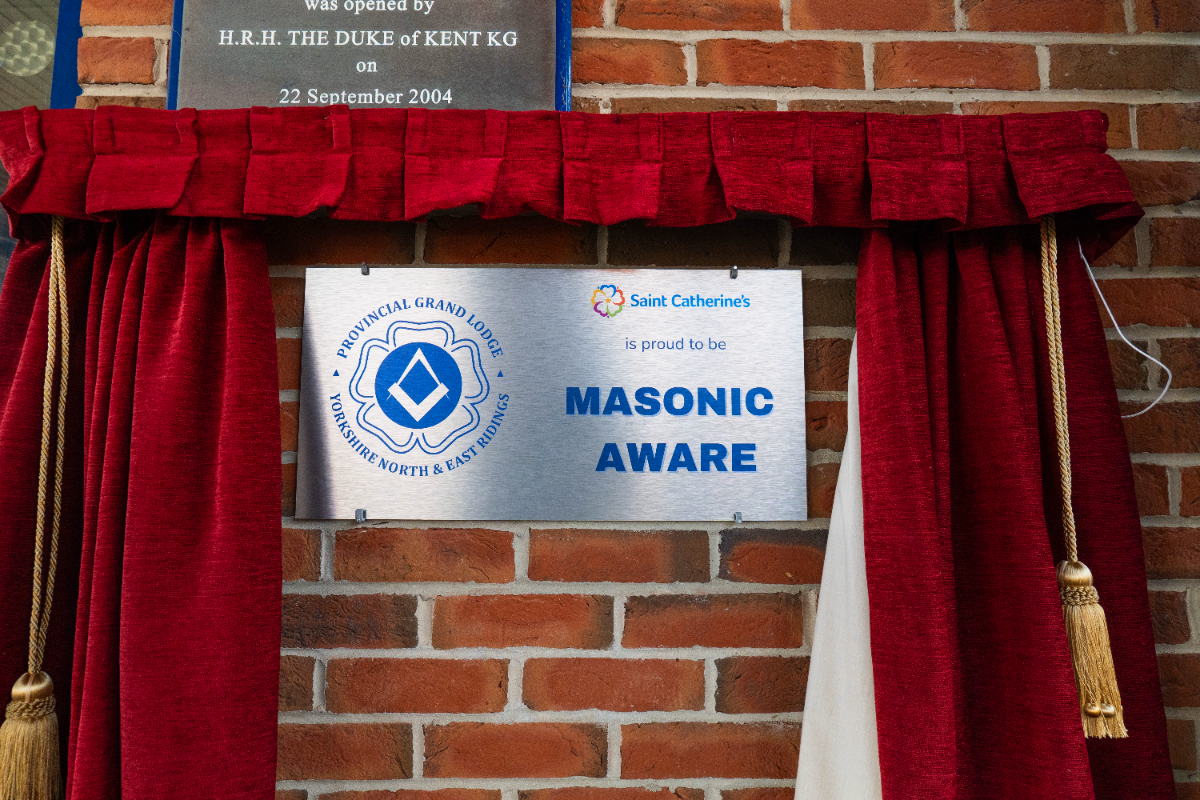 Saint Catherine’s Becomes First UK Hospice to Launch Masonic Aware Initiative
Saint Catherine’s Becomes First UK Hospice to Launch Masonic Aware Initiative
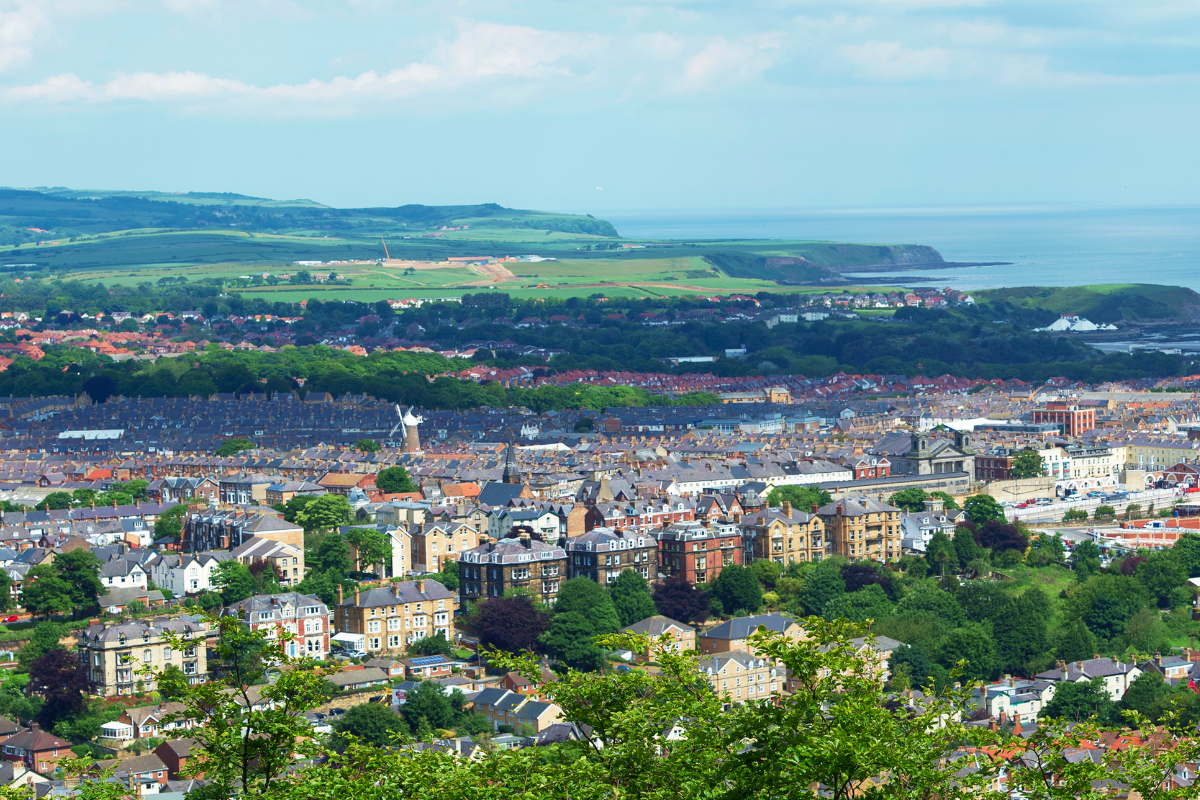 Candidates Confirmed for First Scarborough Town Council Elections
Candidates Confirmed for First Scarborough Town Council Elections
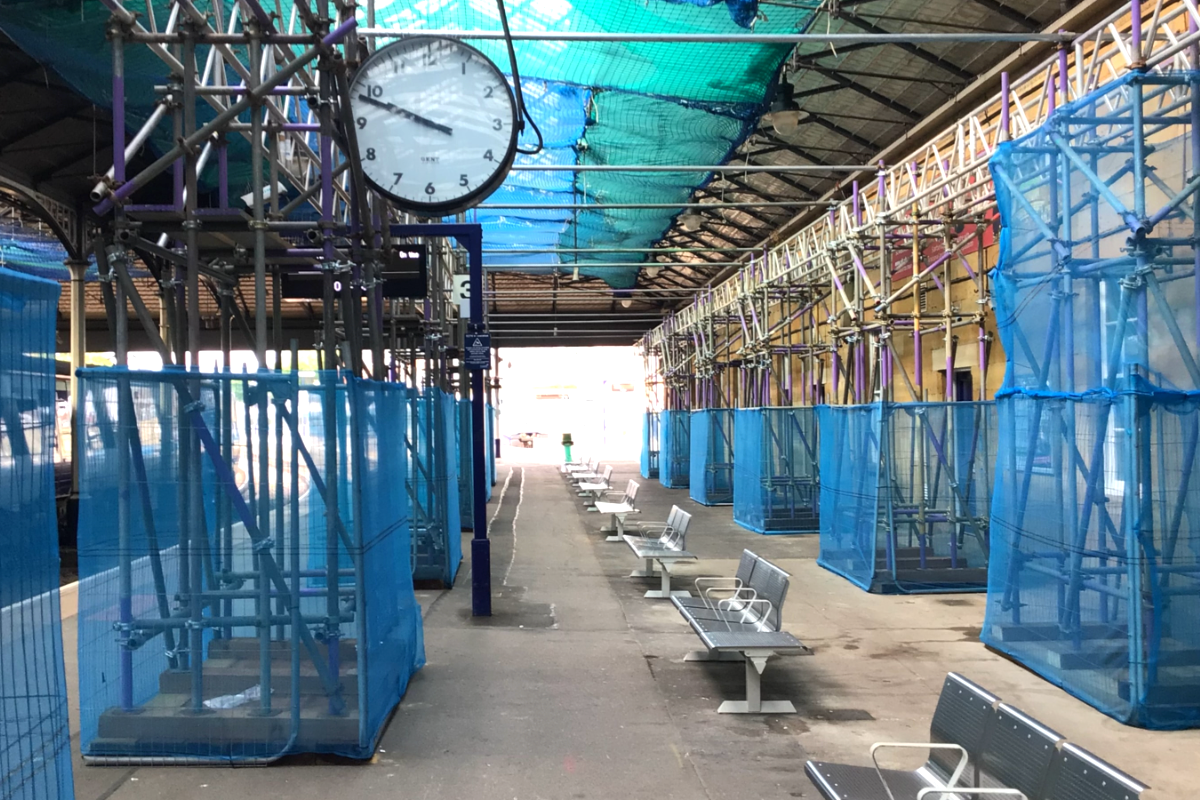 Scarborough Station Set for Multi-Million-Pound Roof Renovation
Scarborough Station Set for Multi-Million-Pound Roof Renovation
 Renewed Appeal Following "Shocking" Arson in Whitby
Renewed Appeal Following "Shocking" Arson in Whitby
 Six Candidates Standing to Become First Elected Mayor of Hull and East Yorkshire
Six Candidates Standing to Become First Elected Mayor of Hull and East Yorkshire
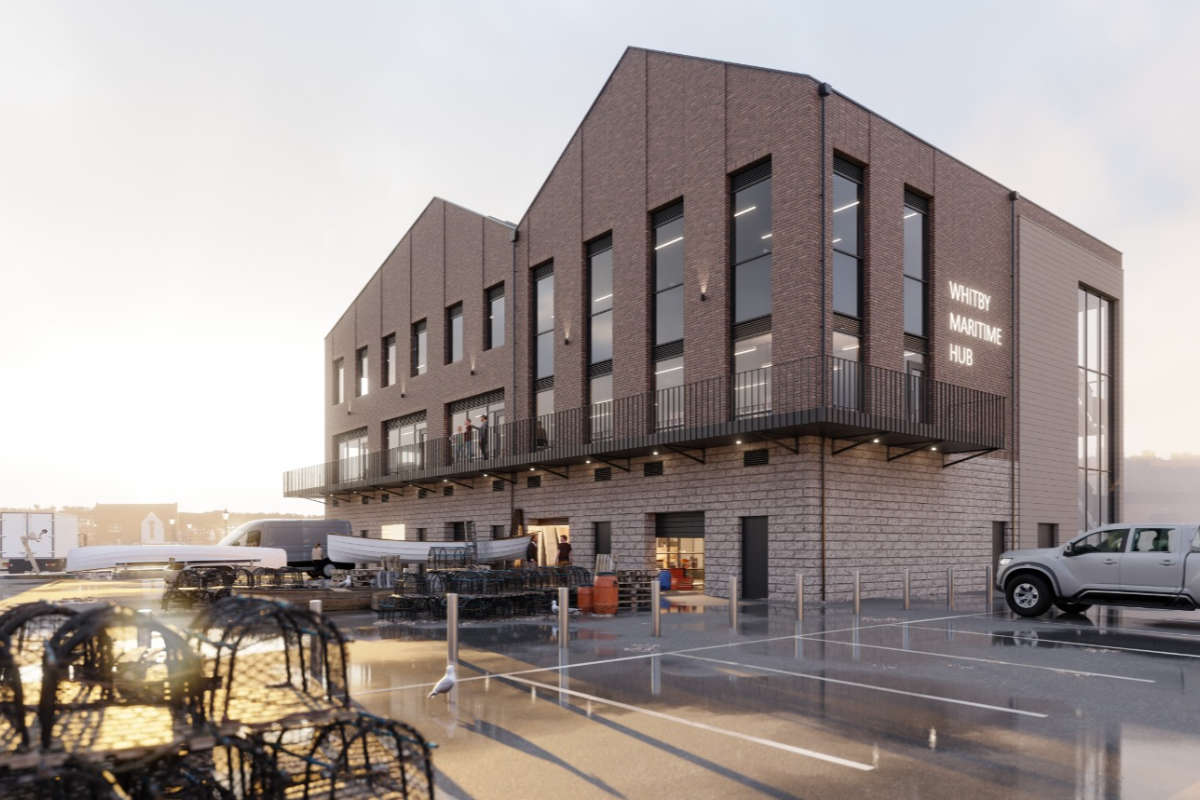 Construction to Start on Whitby Maritime Hub
Construction to Start on Whitby Maritime Hub








Comments
Add a comment